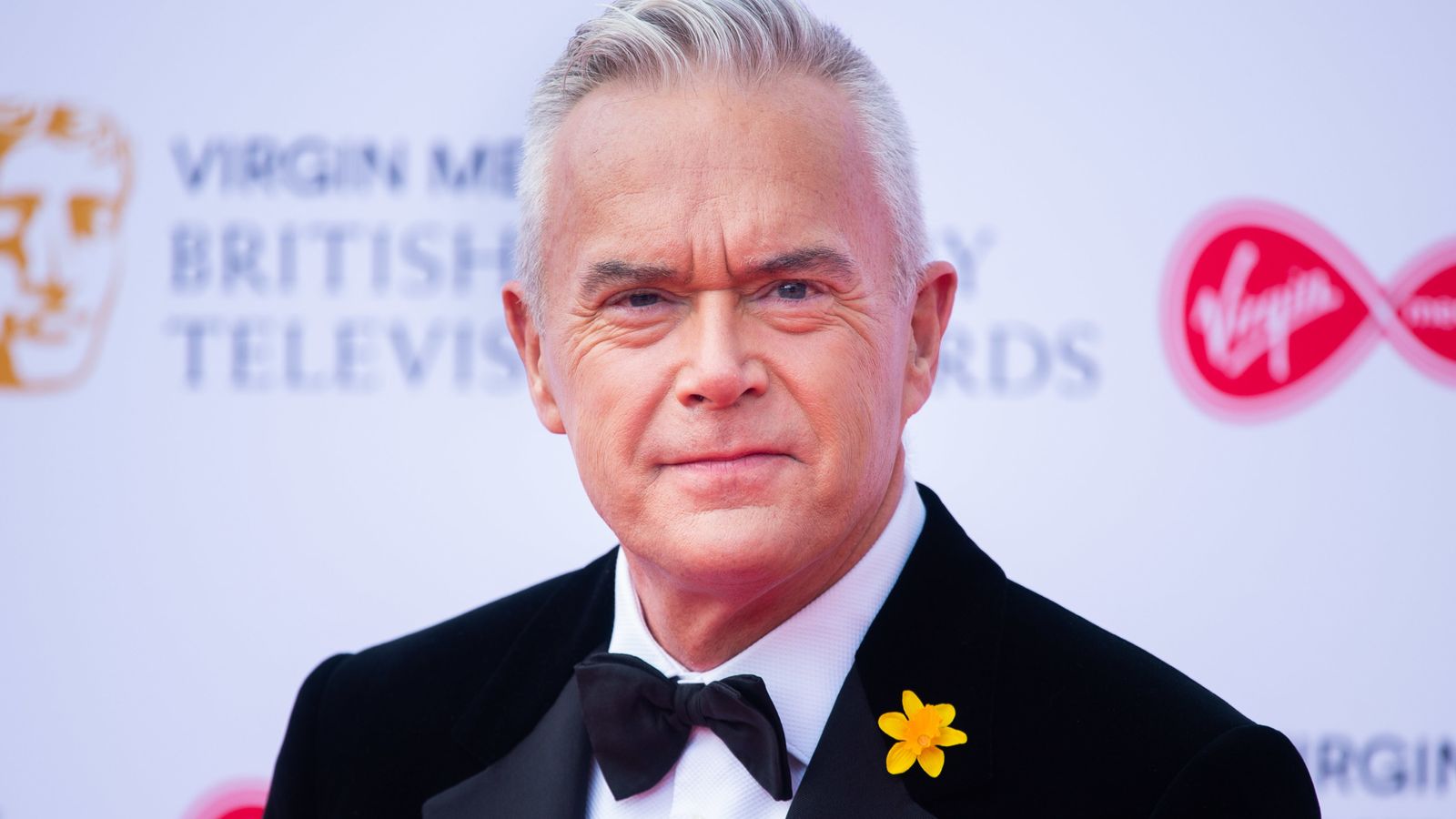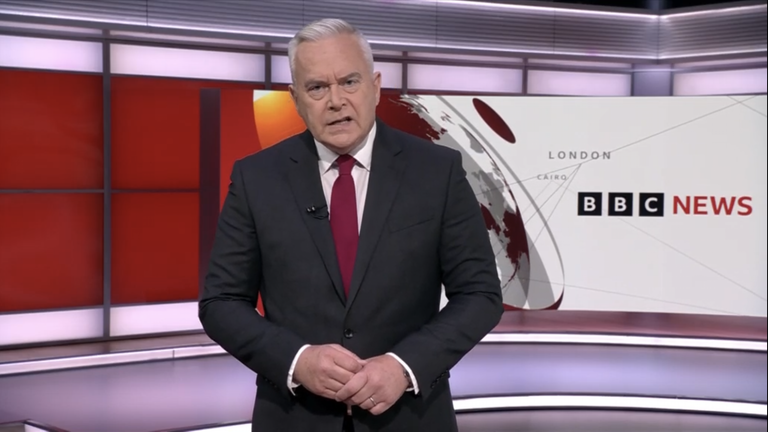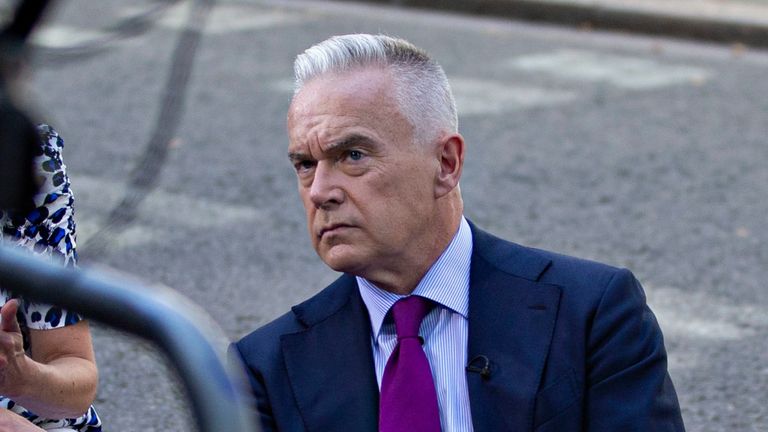Who is Huw Edwards? The newsreader named as BBC star at centre of scandal


He is one of the BBC’s most high-profile presenters and its top newsreader.
Now Huw Edwards finds himself the subject of some unwelcome headlines after being named as the broadcaster accused of paying a teenager £35,000 for explicit pictures.
As well as hosting the corporation’s flagship News at Ten for the past 20 years, he has also anchored major national events including the King’s coronation.
In a recent post on his Instagram page, he and BBC colleagues were pictured winning an industry award for their coverage of Queen Elizabeth II’s state funeral at Westminster Abbey last September.
Huw Edwards latest: BBC presenter ‘suffering serious mental health issues’
The 61-year-old, who was born in Bridgend, south Wales, in 1961, is married to TV producer Vicky Flind. They have five children.
Away from work, Edwards is a vice president of the National Churches Trust, and has written about the scourge of “vandalism in disused chapels and churches across the United Kingdom”.
He is also a patron of the Welsh Buildings Trust, a charity set up to conserve and develop redundant chapels across Wales in need of repair work.
One of BBC’s highest paid stars
Advertisement
Despite being – in his own words – an “angry and stroppy teenager”, he went on to become one of the BBC’s biggest stars, on a current salary of just over £400,000.
In 2018, however, he agreed a pay cut, and told The Times he was “bloody angry” about it.
“I was being paid what the BBC had agreed to pay me; it wasn’t my fault,” he said.
A number of male BBC presenters accepted smaller salaries after it emerged that female colleagues were being paid less.
Edwards has previously spoken about his rejection by Oxford University being an important life lesson.
Giving a speech there in May, he told the audience he had the “scholarly giants of Oxford to thank for the fact that I’ve been a dazzling success as a journalist” and said he was “appalled” after being refused a place.
But, while admitting to being “rather stroppy and arrogant as a teenager”, he added: “Failure and setbacks are a part of life. They may be painful, [but] you’ve got to pick yourself up and carry on.”

Mental health struggles
In a 2022 interview with Men’s Health UK, Edwards discussed his 20-year battle with mental health problems.
He told the magazine his depression includes anxiety and tends to “hit in a strong wave” and then go away.
Speaking to mental health campaigner and columnist Alastair Campbell, he said: “I’m pretty clear that I have suffered – and do suffer – from depression.
“It’s not anxiety, although it includes anxiety, but it tends to hit me in a strong wave and then go away.
“At least I now know when I’m going to enter a phase like that. Your mind goes into a place where you don’t want to do anything. You can’t make any decisions.
“Things that you usually enjoy, you dread. You come into work and obviously you do a professional job, but you’re kind of pushing your way through it.
“And, of course, if it’s very bad – as it has been a few times over the course of 20 years – you can’t work. During the worst one I had, I couldn’t get out of bed.”
Early life
Born into a Welsh-speaking family, his father was an author and a research professor of Welsh language literature at University College Swansea, while his mother was a teacher.
Edwards attended a grammar school and went on to study French at University College Cardiff.
He began some postgraduate work on medieval French before becoming a reporter for local radio station Swansea Sound, later joining the BBC as a news trainee in 1984.
Two years on he became a parliamentary correspondent for BBC Wales and began presenting the national Six O’Clock News in 1994.
Edwards was suspended by the BBC after allegations were published in The Sun about an unnamed presenter paying a teenager for explicit photos.
Several other people came forward with separate claims about the star – before he was named in a statement released by his wife on his behalf.